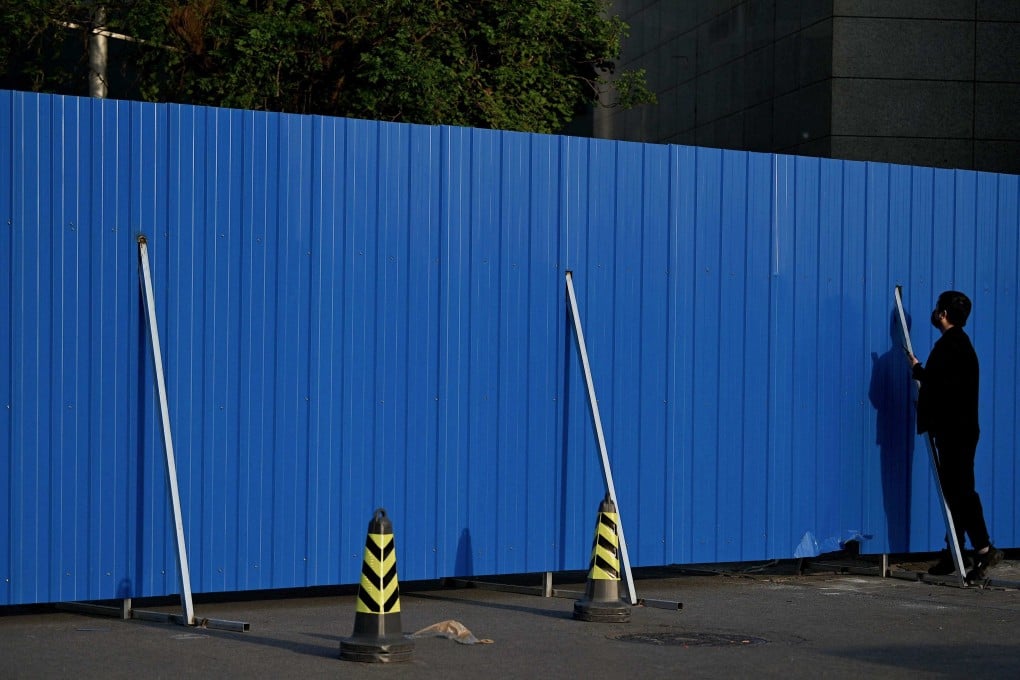Opinion | Covid-19 highlights how China’s economy will suffer if cadres don’t dare adapt policies to local conditions
- Local-level innovation is not incompatible with the implementation of the national Covid-19 policy framework
- In the longer run, local officials’ appetite for policy innovation, experimentation and adaptation holds the key to China’s economic dynamism

In January, China’s government forecast that the country’s economy – which, at the time, was experiencing a strong rebound after the initial pandemic slowdown – would grow by 5.5 per cent in 2022. But by the second quarter, unfortunately, the rapid spread of the Omicron variant of Covid-19 had forced the government to implement emergency containment measures in its most economically dynamic cities, including Beijing, Guangzhou, Shanghai and Shenzhen.
Even if they still have faith in the Chinese economy’s long-term prospects, too many entrepreneurs and investors – both foreign and Chinese – have become more cautious than ever in doing businesses there, at least in the short term. The effects of this shift are certain to persist, even after economic activities – which have not recovered, more than three months after the lockdown was lifted – return to their previous level.
What happened to the economy since March was avoidable. The fact is, despite being pursued only to a limited extent, local-level policy innovation helped Shanghai to minimise the pandemic’s economic impact in the two years preceding the March 2022 lockdown.
Given this, it is reasonable to consider the role that such innovation could play in mitigating damage to the business and investment environment caused by pandemic-containment measures.
Local-level innovation is not incompatible with the implementation of the national Covid-19 policy framework; on the contrary, failure to tailor policies to local conditions can weaken their impact.

